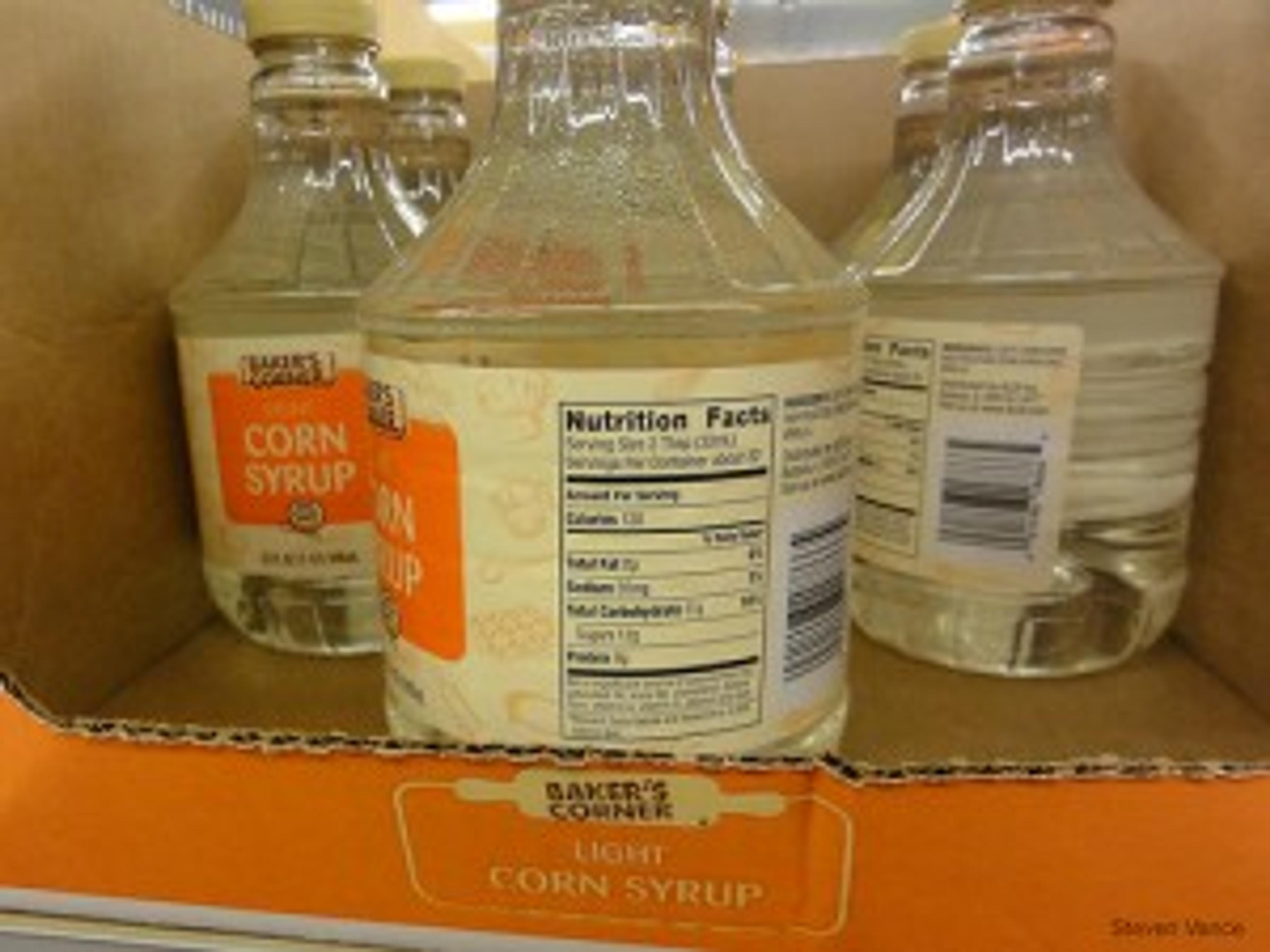High fructose corn syrup usage plummets

Kristin Coppens
| 2 min read

With no surprise, high fructose corn syrup continues to grace the pages of media outlets nation wide. The usage of high fructose corn syrup has continued to decline over the past couple years, due in part to the work of health advocates and awareness building efforts. Though there is still a ways to go to completely change the use of unhealthy sweeteners, we are making strides as a society to lower consumption and raise awareness.
Simply stated, high fructose corn syrup is a sweetener found prevalently in sodas and fruit-flavored drinks, but continuously found in most food products currently. High fructose corn syrup is a cheap, in terms of cost and of quality, form of added sugar.
Too much sugar can add unwanted calories, which lead to weight gain, type 2 diabetes, metabolic syndrome and high triglyceride levels. All of these aspects boost a person’s risk of heart disease. The American Heart Association recommends that women consume no more than 100 calories per day of added sugar and men consume no more than 150 calories per day of added sugar. This transpires into approximately 6 tablespoons for women and 9 tablespoons for men.
Recently, The Huffington Post reported that overall consumption of high fructose corn syrup has plummeted in the United States due to backlash and negative attention. In 2011, the average American ate approximately 131 calories of corn sweetener per day, which was down 16 percent from 2007. Though the struggle remains to eliminate the prevalence of added sweeteners in our diets, this decline marks a win for the health and nutrition industry.
How have you worked to eliminate high fructose corn syrup from your diet?
Photo credit: Steven Vance





